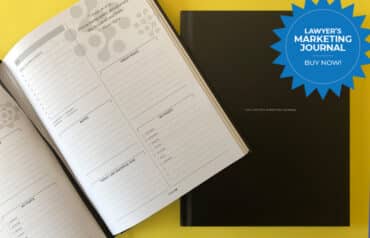I listened to my favorite legal podcast as I traveled to my destination. (Not saying the podcast name, but here’s a hint: Figure it out FOR YOURSELF.) In discussing an ERISA case, the host talked about a former NFL player’s claim for “fulsome” benefits.
Ouch!
I involuntarily shuddered when I heard the term. He meant “full.”
“Fulsome” is one of those problematic words that, like a contranym, requires context to understand what the speaker or writer is trying to say. Confusion can result. (Just check out the title of this post.)
“Fulsome” is a false friend. It sounds like a fancy way to say “full” or “complete.” For centuries, the word was correctly used as a synonym for “disgusting” or “offensive.” But in recent decades, the word is often used to mean plentiful or abundant. So, does the adjective “fulsome” describe something good or something bad?
Everything Old Is New Again
In the mid-13th century, people used “fulsome” the way many do today, but in more guttural Middle English. That usage morphed into a reference to describe a person or animal as plump or well-fed and then overfed — so much so that the result was offensive or disgusting. Something “fulsome” was literally nauseating.
But starting in the 1960s, people started to use the word as it had been used 600 years earlier, presumably because they incorrectly interpreted it. (There’s that false friend bit again.) Today people frequently use “fulsome” as a synonym for “full.”
Dictionaries show both definitions because dictionaries are descriptive rather than prescriptive. (“Offensive” is still the primary definition.) That doesn’t mean you should be careless about how you use this word.
What’s a Careful Lawyer to Do?
The NFL player sued to receive the highest level of disability benefits under the plan. He wanted better benefits, a higher level of compensation, the full benefit to which he was entitled. There are many ways to accurately explain the claim without using the word “fulsome.”
Don’t use ambiguous words. If you mean “full,” say “full.” If you mean “offensive,” say “offensive.” Don’t be tempted to use a fancy word when a plain one will do.
Illustration ©iStockPhoto.com
Subscribe to Attorney at Work
Get really good ideas every day for your law practice: Subscribe to the Daily Dispatch (it’s free).
A New Marketing Journal Designed for Lawyers
Every element of this beautiful guided journal has been designed to both motivate you and keep your marketing efforts on track. From Theda C. Snyder and Attorney at Work, the Lawyer’s Marketing Journal is the perfect place to capture all your great ideas, write down your daily tasks, notes and accomplishments — and monitor your progress. Take control of your marketing and order your journal today.

















